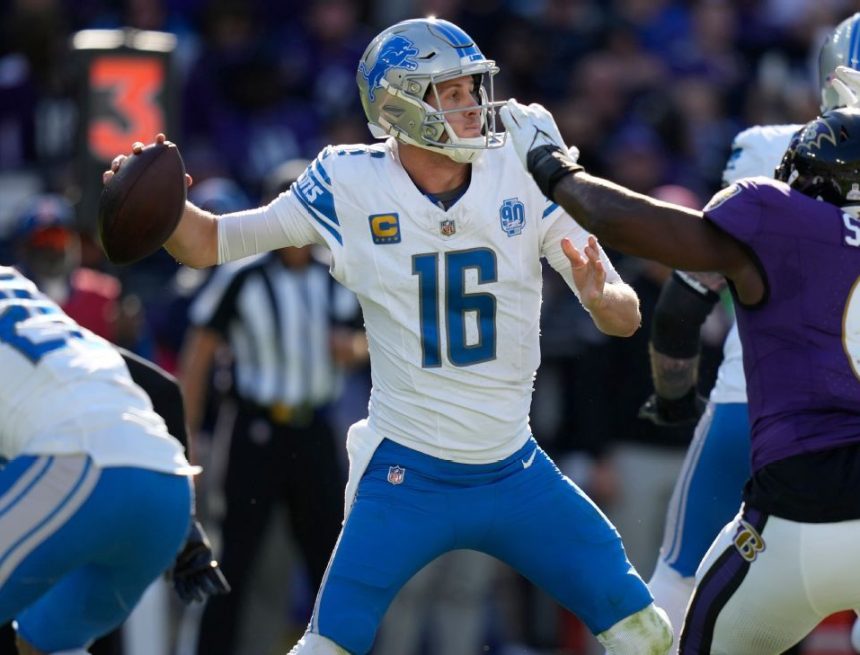Lily Allen was always an enviably cool girl.
When she first burst on to the music scene nearly two decades ago at 21, it was with a breezy, don’t-care London swagger. Her songs concealed big, painful feelings under flippant, deadpan lyrics and deceptively sweet melodies, which made them easier to swallow. Even this summer, when she talked on her thrillingly unfiltered podcast Miss Me? about having lost count of exactly how many abortions she’d had, she sang the words to the tune of Frank Sinatra’s My Way.
In the noughties, she seemed fearless, getting paralytic at awards ceremonies and picking public beef with Madonna. However, it looked as if she might be settling into a quieter life when she married Sam Cooper and had their two daughters, but within four years they’d split up. You might not immediately have guessed, when she wrote in her memoir about a fling with Liam Gallagher, that since childhood she’d been dreaming of “two point four children, living in the country”, as she told this newspaper. But now we know what was really going on underneath.
Or do we? Her new album West End Girl tells the story of – well let’s just say, an open marriage gone sour, rather than necessarily her open marriage, since like Beyoncé and Taylor Swift before her, Allen carefully blurs the question of exactly how much is about her real-life split from her second husband David Harbour last year and how much is just pure creative licence. Whoever this musical alter ego really is, she starts the title track singing dreamily about settling with her husband into a New York brownstone and finding schools for the kids, but ends it uncertainly trying to convince herself that doing whatever it takes to keep him happy will somehow work out for the best. After that, it’s downhill all the way, as she comes sadly to realise that he hasn’t even stuck to their agreement to “be discreet and don’t be blatant”, and that trying to match him at his own game as a 40-something mother of two isn’t nearly as fun as it looks.
Though the guessing game of trying to match these lyrics to real life events is obviously driving a lot of downloads, I don’t think that’s why women of all ages have spent the past week listening to the album over and over on repeat, quoting scraps of it in their group chats, and arguing about whether putting “ethically non-mongamous” on your dating profile is just a fancy new pseudo-progressive name for behaving badly. Allen seems to have tapped into a deep vein of female anger about having to pretend to be fine with something you’re not, for fear that otherwise you’ll look uncool or uptight – and then he’ll leave you.
It’s clearly resonating with plenty of women her age, sick of being strung along on dating apps by middle-aged Peter Pans who never seem ready to have the conversation about being exclusive. But there’s something here too for younger women, secretly wondering whether the shattering of stigma around casual hookups or infidelity or various shades of kinky sex – while undoubtedly liberating for some – has made it harder for others to admit that they just want something vanilla. It’s music for women tired of pretending to be fine with situationships in which they never know where they stand; tired of having to be a cool girl who never complains or makes demands, tired of worrying that it sounds too needy or basic to say you want more commitment or would like kids one day.
“I tried to be your modern wife,” Allen sings plaintively on Relapse, “but the child in me protests.” But is it really so immature to want some stability, especially if (as Allen’s by all accounts was) your own childhood was fairly chaotic, and especially once you have (as Allen does) children yourself?
For this isn’t what sexual liberation was meant to feel like. It wasn’t supposed to mean squashing your own needs anxiously down to fit some man’s fantasy – whether that involves becoming a downtrodden tradwife or one-third of a throuple – while gamely pretending you want it just as much as he does. Revolutions are liberating only when the freedoms gained are genuine freedoms, not something more closely resembling an obligation in disguise. On the album, Allen sings about her daughters looking to her for lessons about love. Well, it turns out, she’s written one: and it’s not to be shamed out of asking for what you want, even – perhaps especially – if it sounds slightly boring.
after newsletter promotion
-
Do you have an opinion on the issues raised in this article? If you would like to submit a response of up to 300 words by email to be considered for publication in our letters section, please click here.


